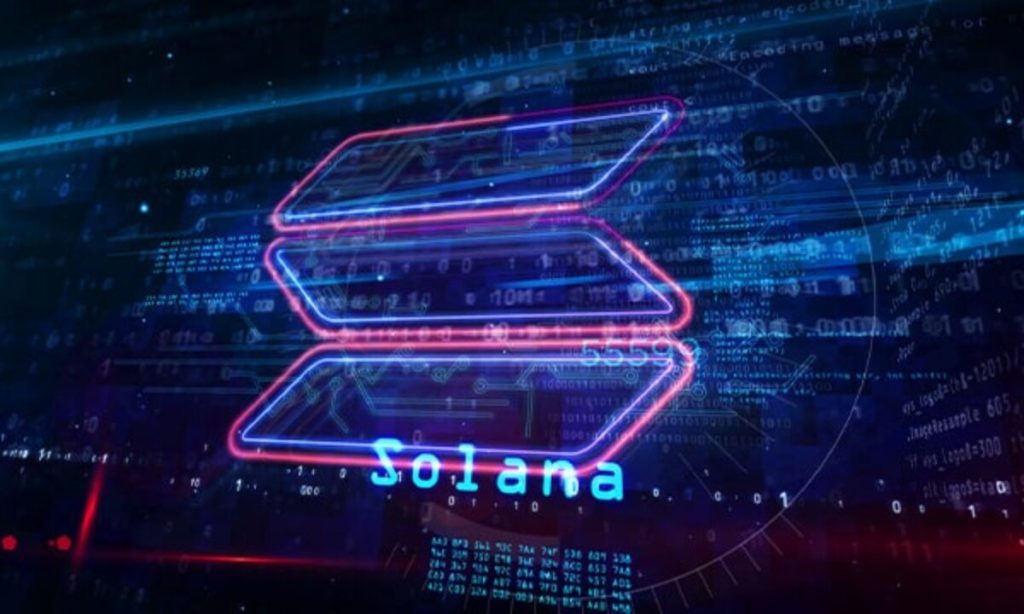Austin Federa, chief strategy officer at the Solana Foundation, spoke about the future of SOL in an interview.
Austin Federa made Statements About Solana ‘s Future and Ethereum Killer Nickname
Federa addressed the issue of an altcoin becoming an ‘Ethereum killer’, which came up shortly after the launch of Ethereum in 2015, through Solana. “I don’t think any project out there wants to be the Ethereum killer,” he said:
“I would say you can’t kill Ethereum just like you can’t kill Bitcoin or Linux. This also means that killing Solana will not be easy.”
He emphasized that these networks are operated by hundreds of thousands of people around the world, and this is the real staying power of open source communities and software movements.
Federa elaborated further on being an ‘Ethereum killer’:
“If we were trying to kill Ethereum, we would probably have EVM support on the network, right? The intended function of the Solana network from its inception in 2018 was that we wanted to be able to build something that would synchronize all the world’s information in a single global state machine as close to the speed of light as possible.”
Federa touched on the topic of token extensions, which he called “the biggest thing we’ve launched in the past year”:
“They’re behind the scenes and they’re not the most glamorous thing you can see on the blockchain, but they’re a big step forward for what can be built on public blockchains. We’re going to see a lot of adoption and growth from here.
I would say another area where adoption is increasing is SOL DeFi.”
“This is the vision that Solana was originally built on and continues to be built on today. “Our goal is to have the highest possible volume of transactions in the shortest possible blocks, all on a single global state machine, and thus reduce fees on the network to the lowest possible level.”
Federa said that this is the goal because the network is intended to be the optimal network for decentralized finance (DeFi), which requires a large number of transactions and does not allow profits to disappear due to the cost of making transactions.


